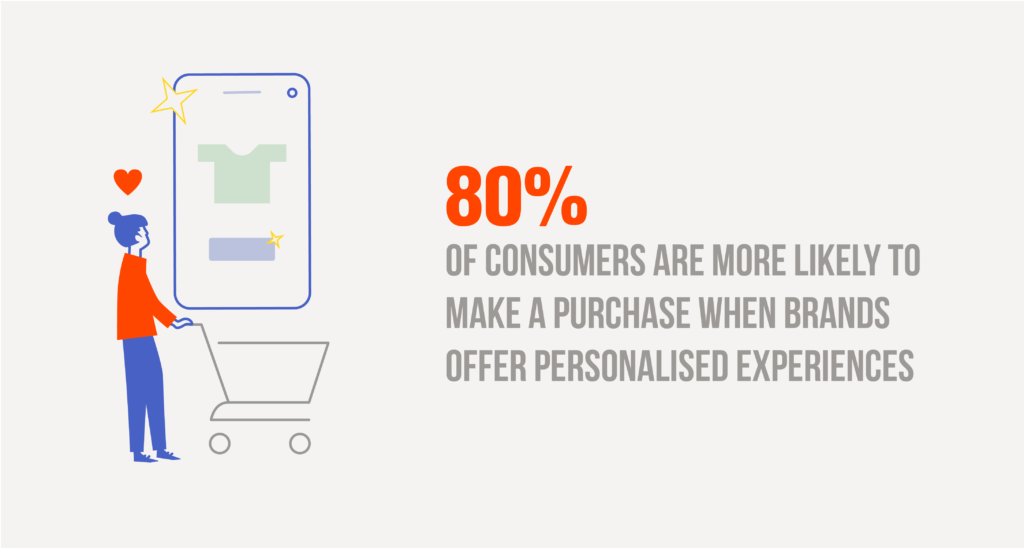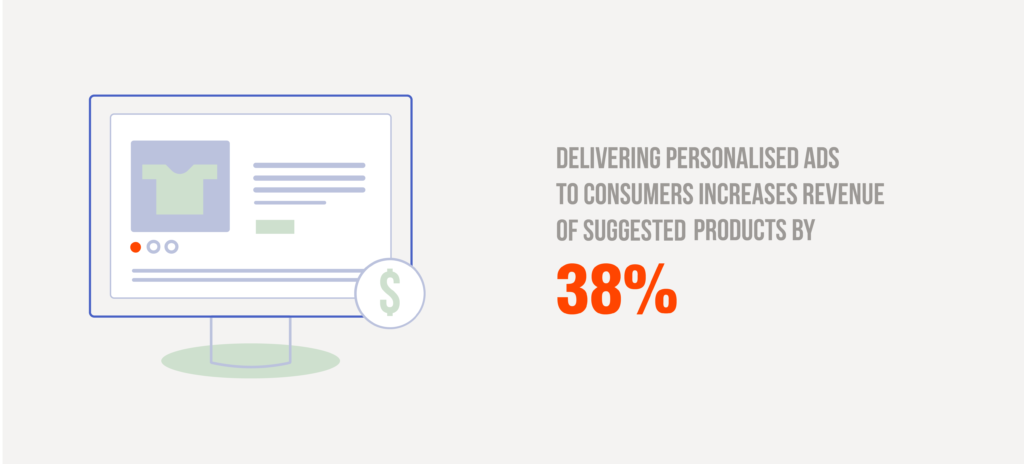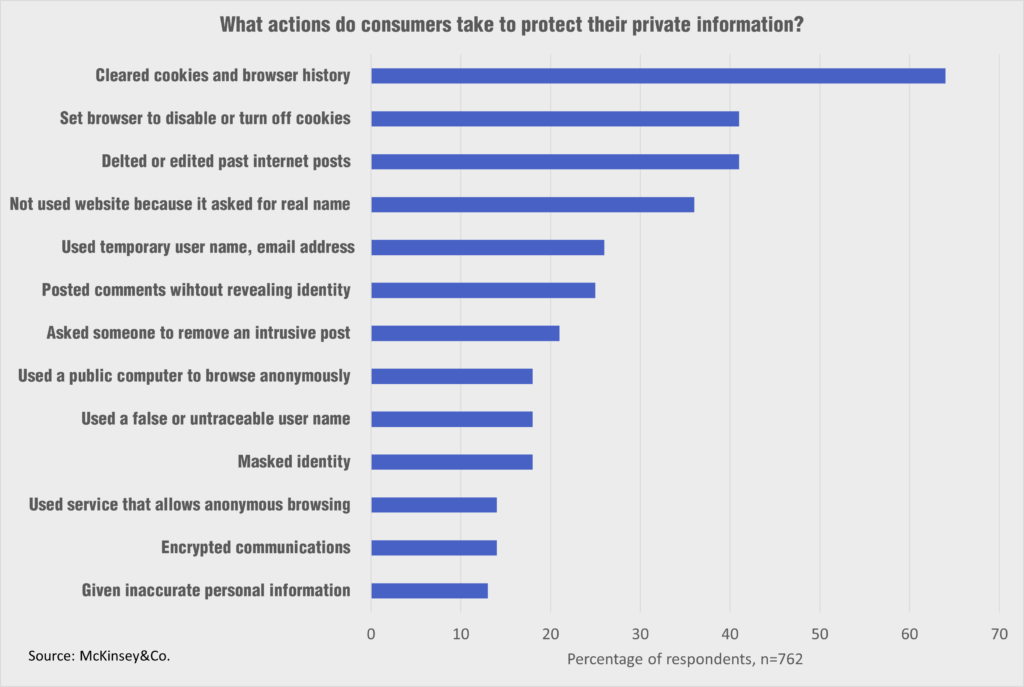Privacy and Personalisation – Can They Coexist?
FACT: if you don’t know your customers, you can’t give them what they want.
We’ve come a long way since believing that having our names appear in a mass marketing email was some revolutionary advancement in technology. Personalisation is everywhere, and it’s changing the way people do business in a huge way.
What does ‘personalisation’ mean today?
Marketing personalisation is the process of interacting with your audience and customers in a way that feels personal and human. It takes into account a person’s likes and dislikes, allowing you to connect with them on a deeper level.
This helps to foster strong business-customer relationships, but is also crucial in maintaining your competitive edge, no matter your industry.
This can come in many forms:
- Personalised social media ads
- Product recommendations tailored to a person’s interests
- Curated content, such as blogs and videos
- Targeted emails
To get really technical: marketing personalisation uses data to create strategies, campaigns and content, all of which will resonate with your target audience and create a connection that goes beyond a simple purchase.
Why is marketing personalisation so important?
Adapting to shifting consumer trends
Consumers are constantly bombarded with messages from billboards, TV ads and social media. They learn pretty quickly to filter out the noise and only notice what’s relevant to them.
With 36% of consumers feeling as though brands should be providing more personalised experiences, marketing personalisation is no longer just a new-fangled strategy, used by the big brands with big bucks. It’s what people expect.
A study conducted by Epsilon showed that 80% of consumers are more likely to make a purchase when brands offer personalised experiences. People are used to receiving what they want; tailored experiences that make them feel like brands are now thinking of them during every step of the journey.

Beneficial for businesses
Purchasing is about more than just price. There’s a powerful relationship between purchase behaviour and emotion.
By delivering personalised ads based on the websites that a person visits, revenue from suggested products grow by 38%. Making the experience personal is a great feeling for the customer, but the difference for the business can also be massive, and something that can’t be ignored.

Wouldn’t you need information about consumers to deliver personalised experiences?
Yep – and that’s where things get complicated.
In a world that’s constantly demanding more privacy online, personalised experiences can sometimes have the opposite effect, causing people to be put off by how much you seem to know about them.
This leads us to The Privacy Paradox: the fascinating inconsistency between how a consumer protects their privacy and how they actually behave in the online marketplace.
A study from Deloitte found that there was a level of distrust between companies and consumers, with 78% believing that companies are not taking proper steps to protect their personal data. In addition, 43% of consumers are unwilling to share their personal information to receive tailored experiences.

With the actual behaviour of consumers contradicting their values, it can often be difficult for marketers to strike a balance between providing personalised services and respecting privacy.
Can privacy and personalisation co-exist?
While there are no clear cut strategies to balance tailored experiences and personal information, here are a few suggestions:
- Be transparent (to a degree)
Being transparent and being personal is a fine balance. As a general rule of thumb, businesses should always be willing to disclose information about data-use if people ask.
This can help to foster trust, as people realise that there’s at least some consideration for the protection of their personal information.
- Justify your data collection
More often than not, consumers are left in the dark about why businesses need their personal information.
Reframing the data collection process as a collaboration (as opposed to just your company storing their info for your own gain) can help to create more of a trusting relationship, as can simply being up front with why their information is being collected in the first place.
- Remember who it’s for
This one should go without saying…but we’re going to say it anyway: only use data to enhance a customer’s buying experience.
- Stay up to date with consumer data privacy laws and regulations
With the digital world constantly evolving, there are ethics to be considered. As a business, you need to keep up to date with any changes that are made in relation to data collection, store and use.
What’s the takeaway?
There’s a fine line between collecting data to improve the experience of a customer and being invasive.
However, it all boils down to the simple principle: always keep the real, human person at the heart of your strategy. What do they want, what are they looking for, and how can you best fulfil their needs?
This is how you can foster real, genuine trust between yourself and your customer, while still delivering memorable experiences and keeping your competitive advantage.
Still unsure about how you can balance privacy and personalisation?
If you’re looking for expert advice on data, privacy and customer experiences, send us a message and get connected with one of our expert Marketing team.
